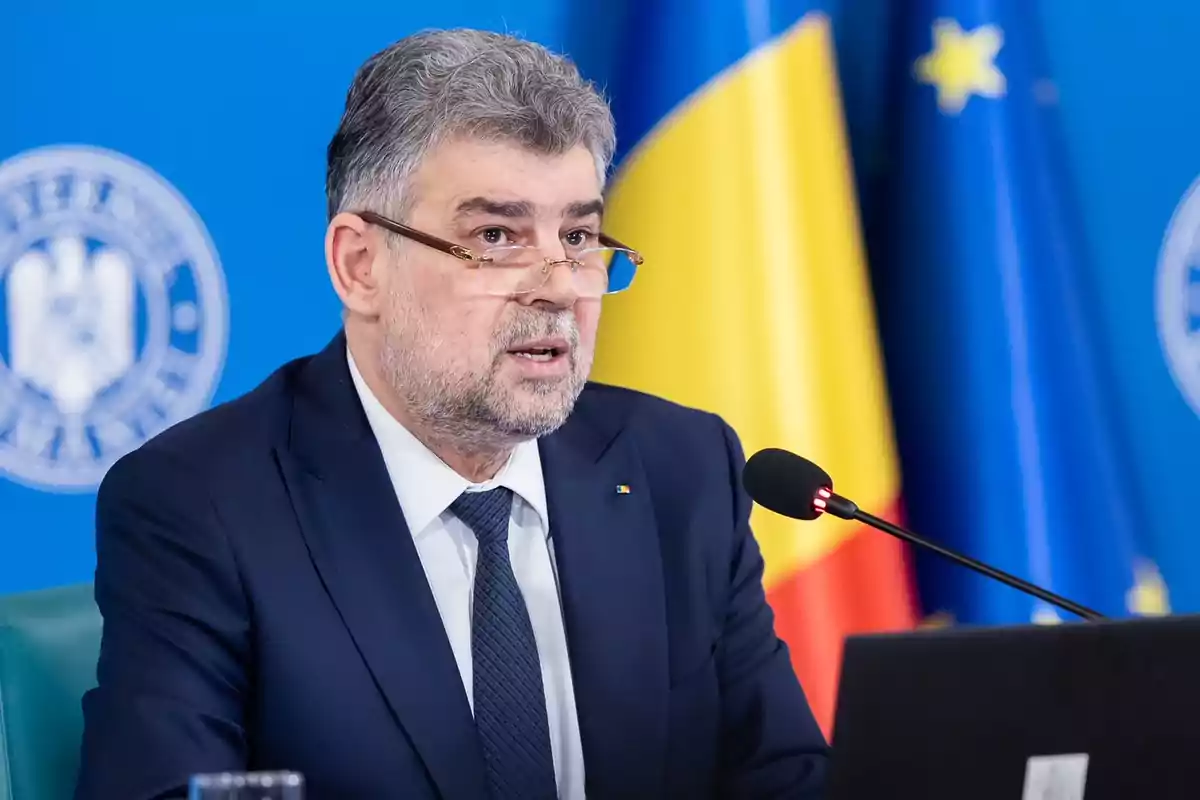
The leftist Prime Minister of Romania resigned following Simion's victory.
After the overwhelming victory of the right-wing candidate, George Simion, in Romania's primary elections, the progressive prime minister resigned
Romania faces a deep political crisis following the major victory in the first round of the presidential elections by the right-wing candidate George Simion, leader of the Alliance for the Union of Romanians (AUR), a party representing right-wing interests in the European country.
Simion secured a decisive 40.9% of the votes on Sunday, positioning him as the favorite to win in the second round of elections on May 18, where he will face the current liberal mayor of Bucharest, Nicușor Dan, an independent centrist.
As a result of this political shift, Prime Minister Marcel Ciolacu announced his resignation this Monday and stated that his party, the Social Democratic Party (PSD), will leave the pro-European government coalition.
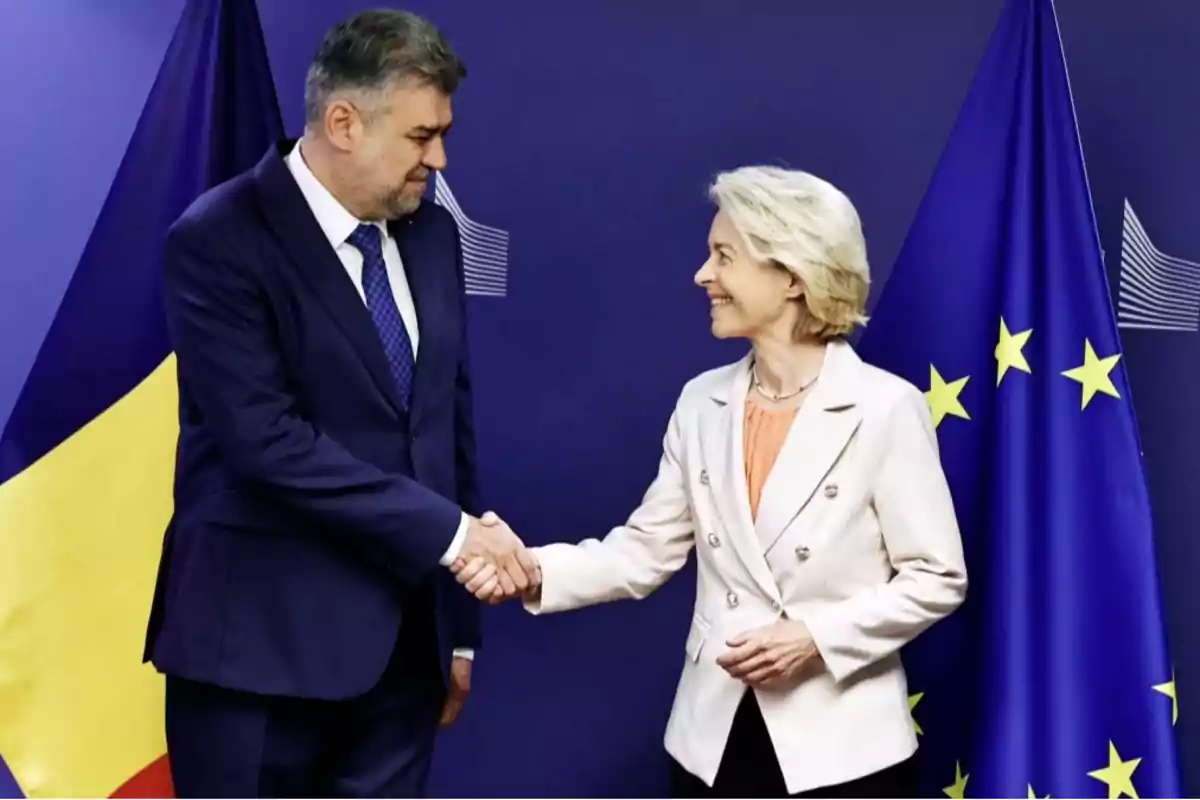
"The coalition no longer has legitimacy after the popular vote," Ciolacu declared to the media, acknowledging the alliance's failure to contain the rise of radical populism.
The collapse of the ruling coalition marks a turning point in Romanian politics. The PSD, which had won the majority of seats in the parliamentary elections on December 1, 2024, had formed a government alongside the National Liberal Party (PNL) and the Democratic Union of Hungarians in Romania (UDMR), with the aim of keeping the country on a pro-Western path, aligned with the European Union and NATO.
However, the emergence of Simion and his party, along with other nationalist and right-wing groups, managed to capture more than a third of the parliament, forming a new dominant political force.
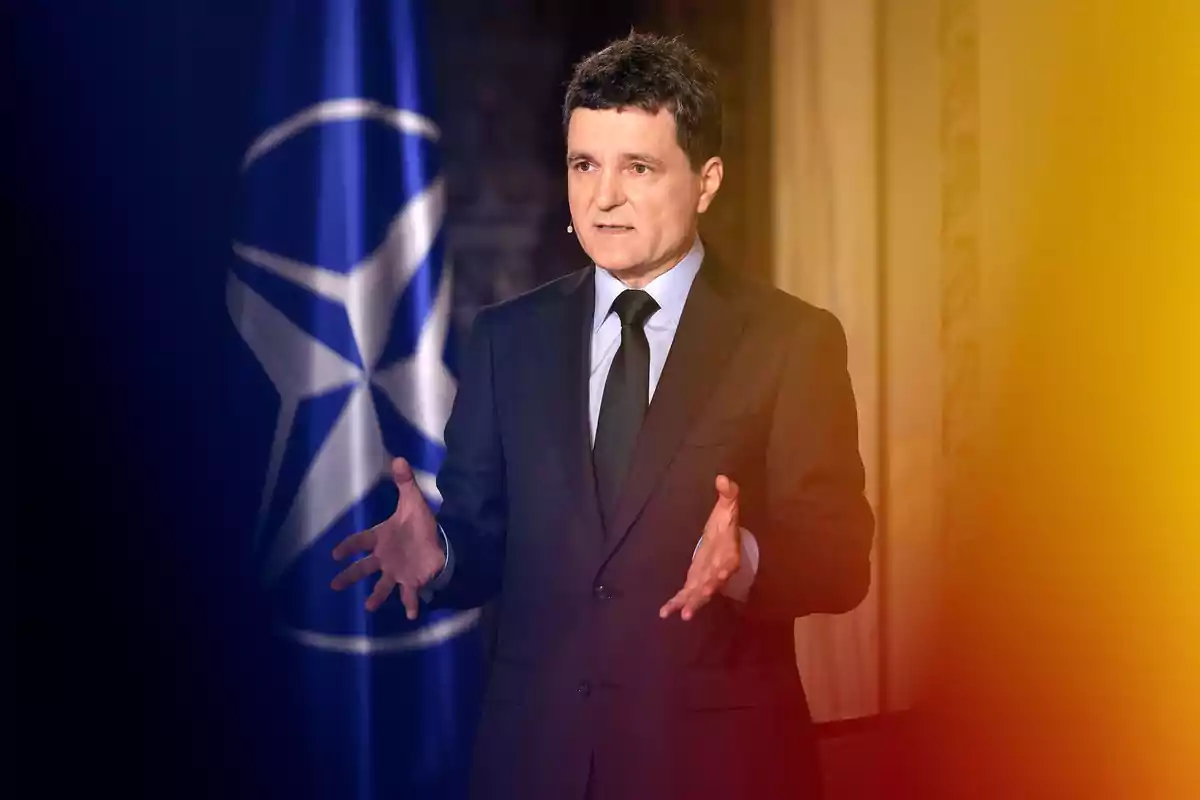
The figure of George Simion has caused great expectations both inside and outside Romania. With a discourse focused on nationalism, national sovereignty, and a strong criticism of European institutions, Simion has advocated for a European Union composed of "strong and sovereign nations," similar to the vision promoted by leaders like Viktor Orbán in Hungary and Robert Fico in Slovakia.
Additionally, his rhetoric has been considered Eurosceptic and, in some sectors, there are perceived shifts away from the pro Ukraine stance, which alarms Brussels and Kyiv, given Romania's geopolitical proximity to Kyiv.
The immediate background of Simion's rise is linked to the social discontent following the annulment of the previous year's presidential elections, an episode that damaged public trust in institutions. This discontent, coupled with the perception of an ineffective traditional political class, fueled the rise of the right.
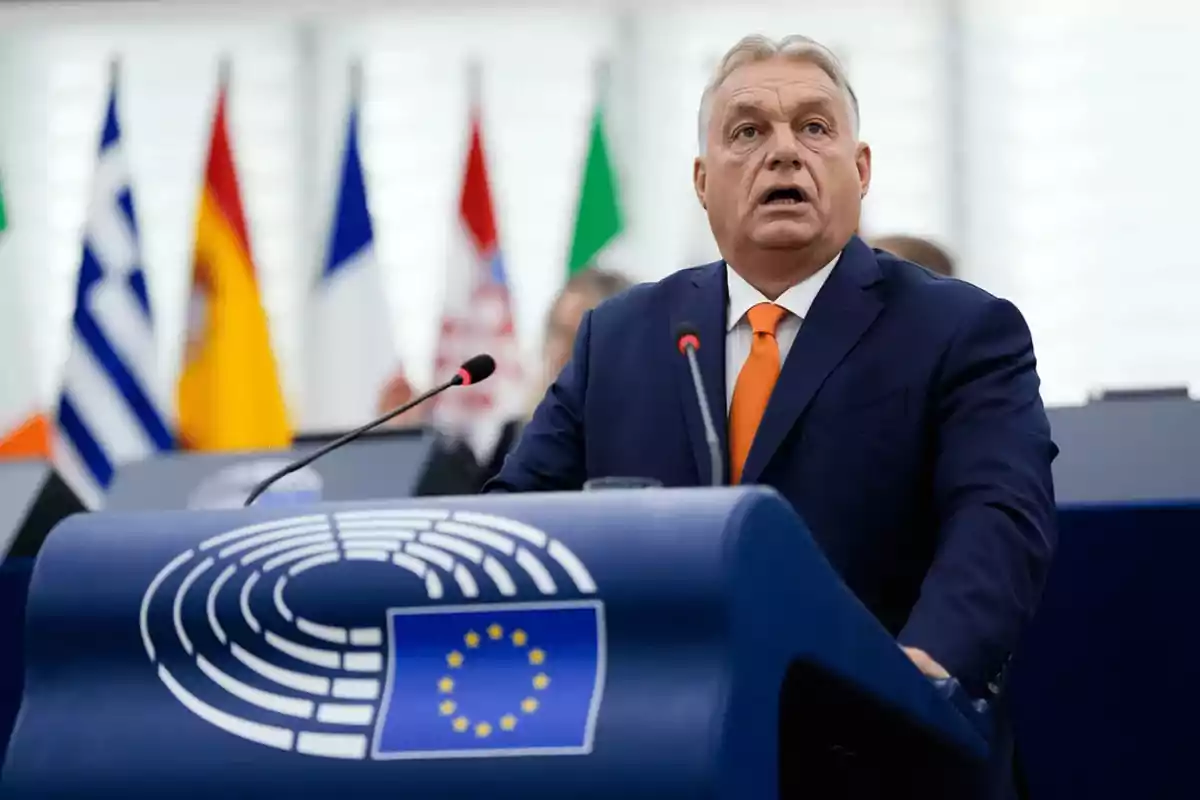
In this scenario, Ciolacu explained that his resignation was also inevitable because "the next president would have replaced me anyway," anticipating a complete reorganization of the executive after the runoff.
Until then, the cabinet will remain in office on an interim basis, while the provisional president Ilie Bolojan appoints a temporary prime minister.
The political uncertainty occurs at a delicate economic moment. Romania faces the largest fiscal deficit in the European Union and risks a downgrade of its credit rating if it doesn't adopt structural fiscal reforms.
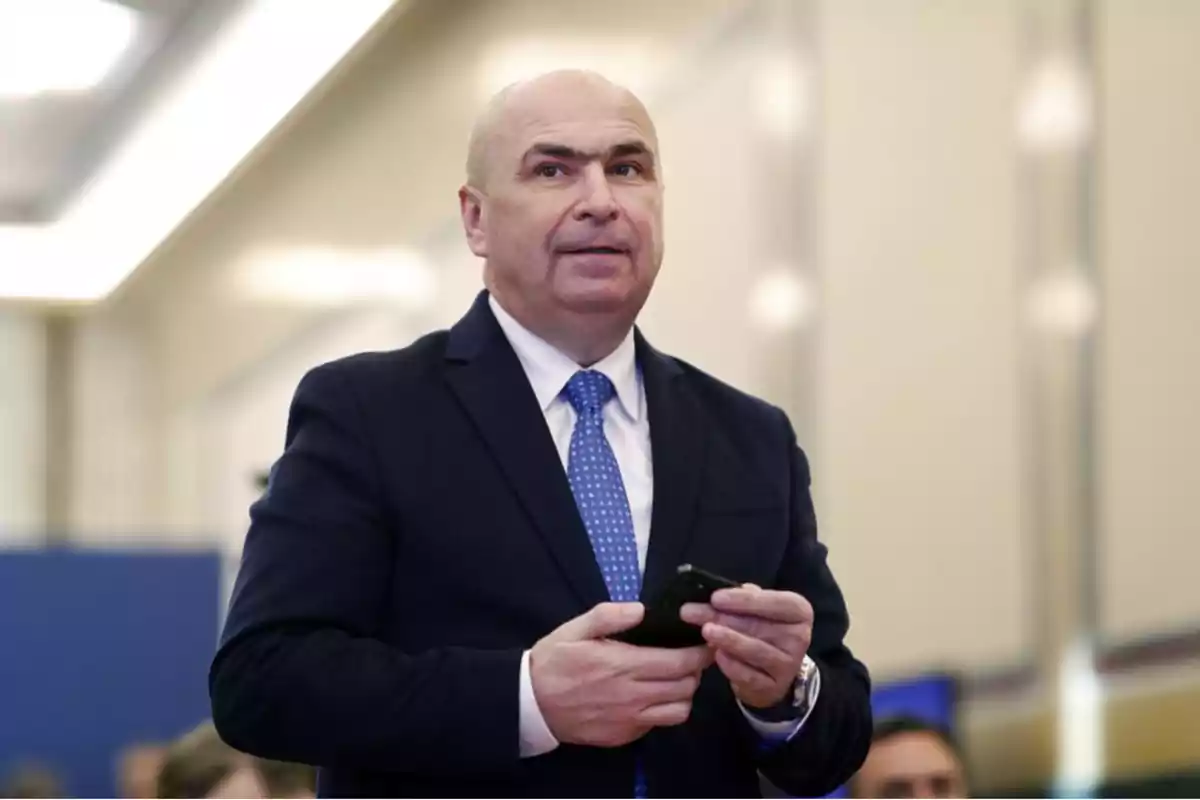
Experts warn that a potential victory for Simion could improve the economic situation, by encouraging foreign investment, supporting the commitment to structural reforms, and modifying some of the country's international commitments.
Additionally, analysts point out that a Simion victory could alter NATO's eastern flank, as Romania plays a key role as a logistical platform and support for Ukraine in the conflict with Russia.
More posts: